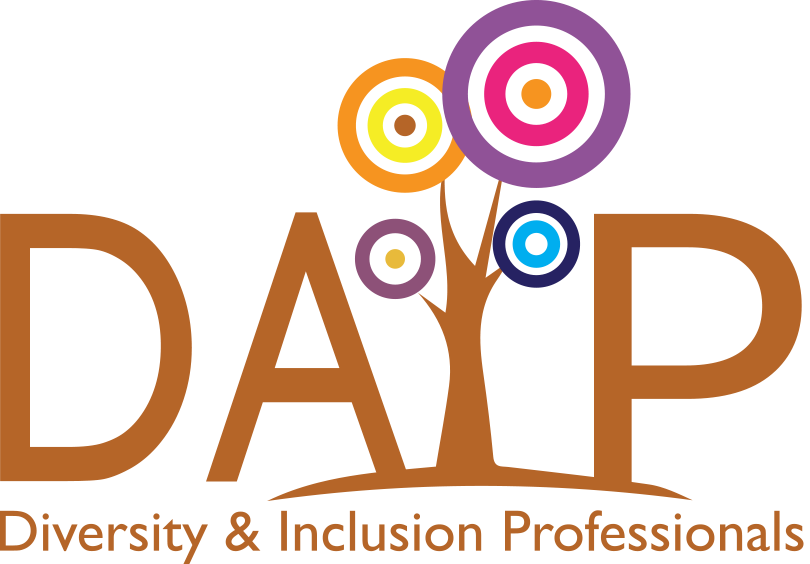
Since the murder of George Floyd in 2020 and the rise of the Black Lives Matter and Me Too movements, there has been a surge of interest in diversity, equity, and inclusion (DEI) initiatives across nearly every sector and industry. A Glassdoor survey revealed that 27 percent of companies surveyed invested in DEI in 2017, compared to 39 percent in 2020, and peaking at 43 percent in 2021.
In the wake of these high-profile social justice movements, companies found improved public favor by publicly taking a stance and investing in DEI programs. Additionally, there was data to back up these investments in the eyes of organizational leaders. Studies have shown that DEI can increase revenue and profits, and help attract and retain employees. A 2022 survey revealed that 92 percent of workers surveyed said culture impacts whether they’ll stay with their employer, per consulting firm EY.
Yet today, DEI professionals are struggling. A study by Russell Reynolds found that nearly 60% of diversity officers at S&P 500 companies left their positions between 2018 and 2021. Chief diversity officers (CDOs) have less than two years of tenure, and DEI job listings fell by 19% in 2022, per Textio.
“Many companies who invested in DEI in a performative way in the last few years haven’t truly put in the resources needed for their programs to succeed, and are now quietly backing away from these investments,” said Kevin Matta, president of the Diversity & Inclusion Professionals (DAIP) board of directors. “Additionally, many leaders don’t truly understand what DEI is. They think it’s a short-term checklist, not a long-term strategy that must permeate every corner of a business.”
Although we often hear the terms diversity, equity, and inclusion lumped together, they actually represent different roles and responsibilities. Diversity is the process of creating a workforce with a variety of backgrounds, experiences, and perspectives. This involves reviewing your recruitment and hiring practices to ensure that you are attracting and hiring a diverse pool of candidates. Equity is a leadership-led effort to identify and address policies, procedures, or practices that may lead to inequities within the organization. This involves making adjustments and improvements to create a more equitable workplace. Lastly, inclusion is all about creating a welcoming and supportive culture–such as initiatives like employee resource groups (ERGs), diversity weeks, and other activities that help all employees feel included and valued. This is a lot for one single employee to be responsible for.
“In addition to being responsible for a wide variety of different business activities and performance metrics, CDOs are also expected to serve as a spokesperson, convener, and facilitator. They must not only lead DEI for their company, but also help manage the numerous daily traumas the personally face along with their colleagues, as a result of a constant barrage of negative current events, micro-aggressions, and the many rulings and current events which negatively impact marginalized folks in our society,” said Matta. “It’s not surprising that we’re seeing a rise in DEI practitioner fatigue, leading to increased turnover and many choosing to leave the DEI industry altogether.”
DAIP aims to address these challenges and enable organizations to find better DEI success. For the last 14 years (since long before DEI roles were widespread) DAIP has provided support for individuals doing this essential work. DAIP offers networking opportunities and educational programming to encourage dialogue on DEI topics, provides essential resources and support to its community, and serves as an educational collaborator to address ever-evolving hurdles in the DEI community. DAIP is also committed to ensuring that companies understand how to advance beyond “DEI theater,” a term for taking performative actions without much real impact. In order to create a successful DEI program, organizations having a DEI strategy and dedicated DEI role or department, and senior leaders must be fully behind the plan in place.
DAIP is the only organization in the region that supports DEI professionals—and any organization looking to improve their DEI practices. With our strategic and intentional programming, we can help you recruit and retain welcoming and high-performing teams. We are here to assist all DEI and HR teams to move from reactive to proactive, from performative to transformative.
Co-authored by DAIP’s Amanda Román and Katie Neves, this article originally appeared in Providence Business News’s Diversity Equity & Inclusion Awards 2023 publication. Click here to view it.

